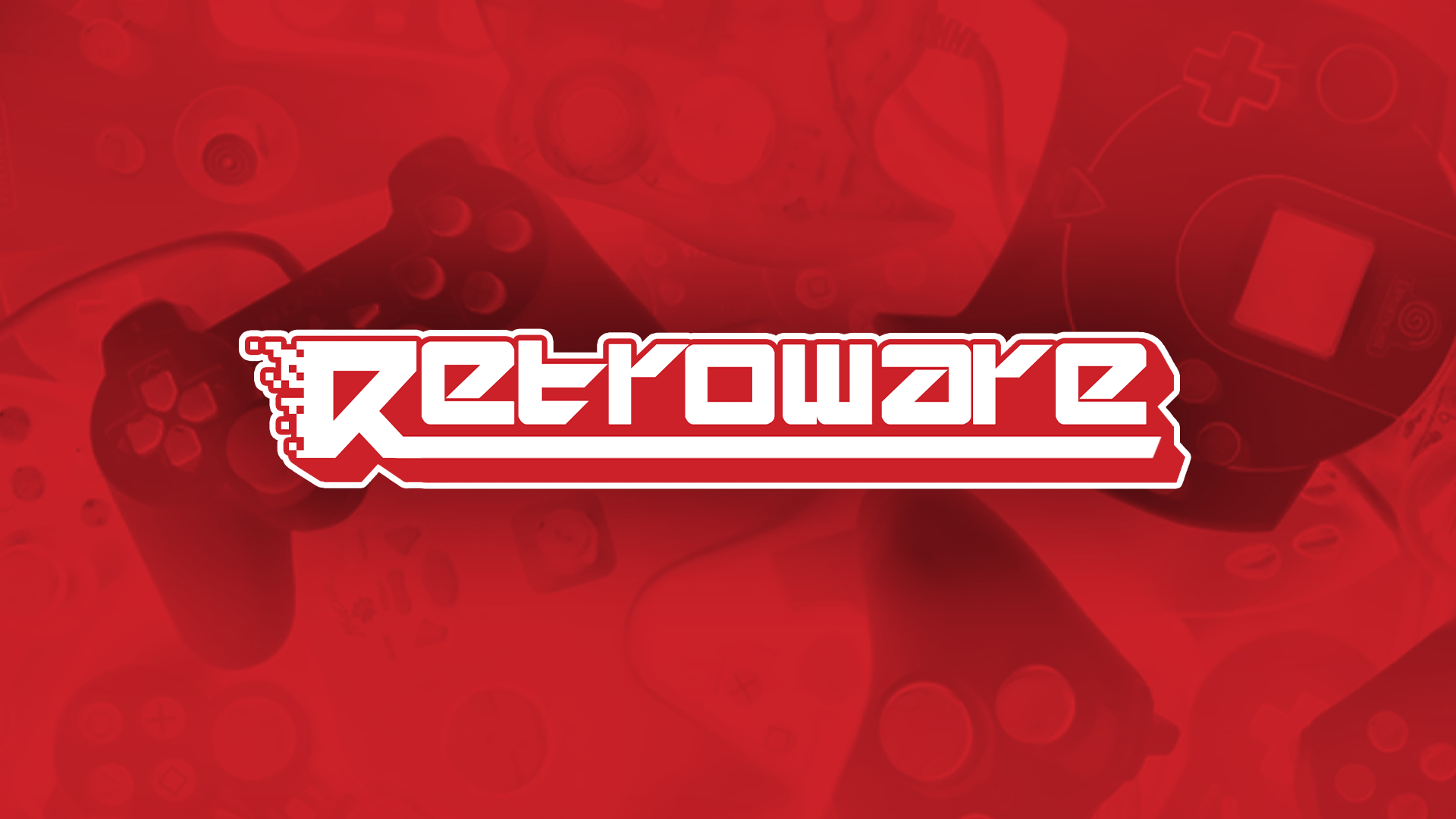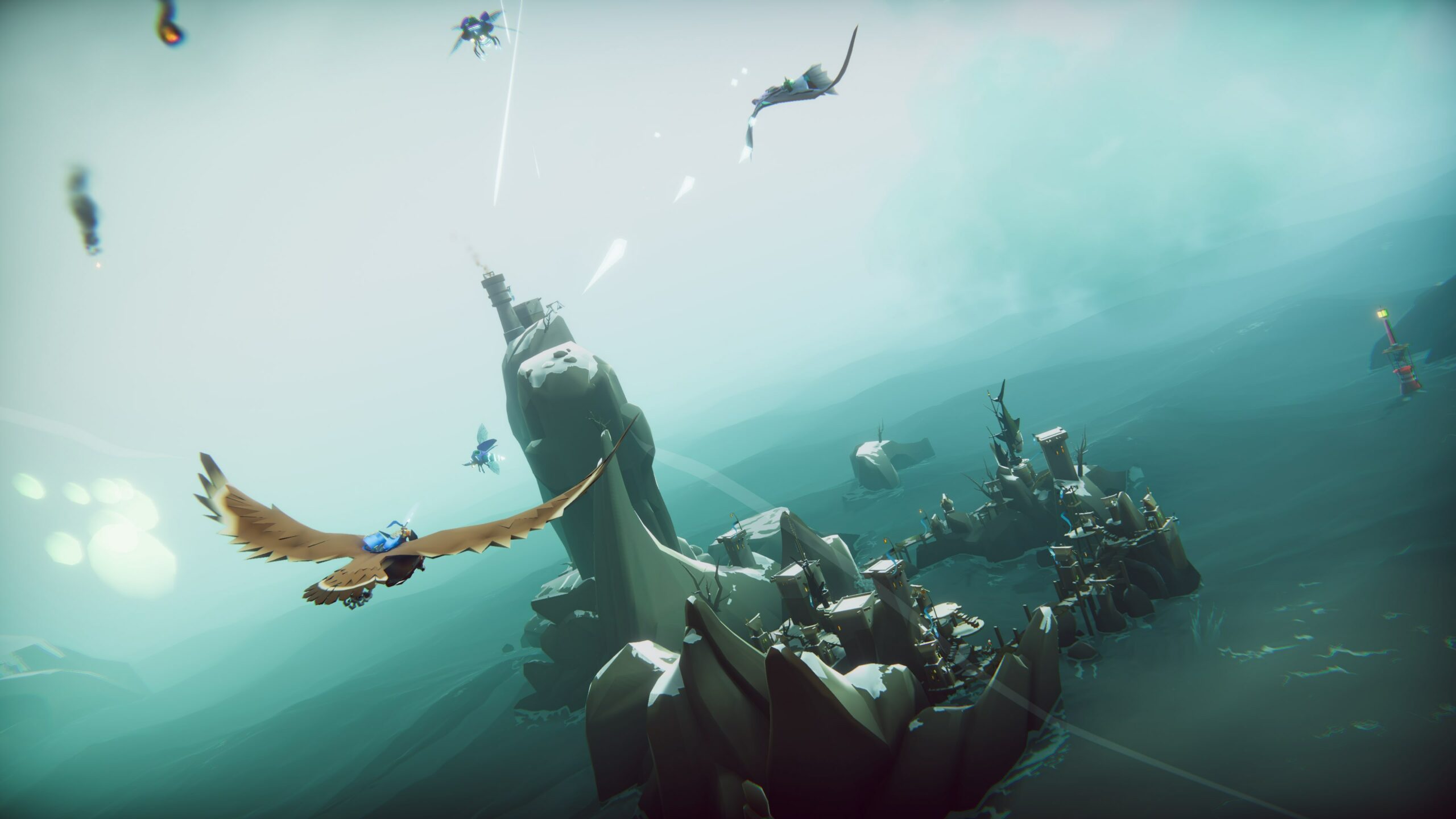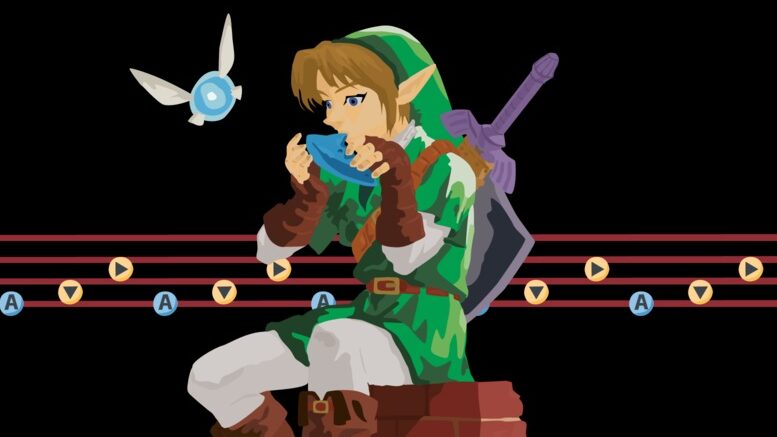Share
“I reckon I’d land in the Humanist quadrant of the Morality Compass but with quite a bit of Utilitarian and trace amounts of Nihilism,” Drop Bear Bytes co-founder Craig Ritchie tells me, “Depends on which sphere of life, though.”
I’ve been following Broken Roads since its announcement back in 2019. At the time, I was running a university project for my journalism course called ‘The Cross Button,‘ an all-things indie website. I’d interviewed the developers of Roki and Daggerfall Unity to name a couple but I never interviewed Drop Bear Bytes, although we interacted plenty on Twitter. I’ve always sought to remedy that.
Jump ahead three years and here I am with my degree hastily tucked away in my draw, a lukewarm coffee to my left, typing out an email at midnight on my laptop – time zones can be tricky. Ritchie got back within the same night and we got to talking about how he got into game development, the way that the classics have inspired Broken Roads, and how the game is going above and beyond even its own influences, expanding on some of those ideas from way back when.
What are broken roads’ influences?
The original Fallout has an eerily dark comedic air about it, an appropriately cynical commentary on society, capitalism, and the nuclear arm’s race that sparked a still-ongoing feud between Russia and America. It’s an unsettling insight into what would happen if the kettle did pop and the lid flew off, kicking us into another world war as each powerhouse ropes in their reluctant allies to hit their big red buttons.
That’s what Black Isle Studios’ ‘90s RPG showed us, a post-apocalyptic world ravaged by nuclear… Well, fallout – fitting name, aye? It’s a commentary on ‘50s consumption culture, the dangers of the atomic bomb, and the rampant fear of China and Russia – the Red Scare – that finally boiled over in the ‘60s with the Vietnam war, a gruelling example of American cruelty.
It was unique in the gaming space and went unchallenged in its bold storytelling for years. Meanwhile, a pre-Dragon-Age and Mass Effect BioWare was releasing Baldur’s Gate and its sequel. The ’90s were the golden age of RPGs.

These games redefined what the RPG genre could be from Fallout’s karmic justice to Baldur’s Gate’s lively re-enactment of a Dungeons & Dragons tabletop session. They paved the way for the likes of Morrowind, The Witcher, and Gothic.
This context is important to note because Broken Roads aims to encapsulate that peak era of the ‘90s when western RPGs were in their stride. It’s an isometric return to roots jaunt but the distinctive difference is that it takes Fallout’s dystopian what-if and applies it to modern Australia. It’s untapped territory, for sure.
“Connecting with fans of the genre – as in Baldur’s Gate, Fallout, and Planescape: Torment – has been super important to us from the beginning. They will look at our game and its interface and immediately recognise what we’re going for.”

how Broken Roads expands of fallout’s karma system
However, Fallout’s karmic system – while a huge staple of the series that was unfortunately gutted in 4 – is simplistic. There’s morally good and morally bad. You’re either going up or down based on various acitons, shifting the way that you’re viewed by certain characters. Barring reputation, there isn’t much more to it. Broken Roads aims to overhaul the karmic system, giving it a new lick of paint, expanding on its influences.
“We’re trying to make choices significant not just so that there’s fun reactivity later in the game, but also so that we have some kind of personality-defining outcomes of player choices,” Ritchie tells me,” There might be vastly different routes one can take based on if you don’t mind harming a small group of people to save a much larger group of people versus if you’re motivated by favouring your party and companions’ interests regardless of how much harm it causes others.
“I don’t want to give too much of the story away but in terms of interactions with systems, there are things you can only do in combat if you’re of a particular philosophical leaning. Your companions have their own world view as well.
“The main thing is getting away from the light side and dark side – good versus evil. Having a linear spectrum between two poles works but we’re having a lot of fun with having a broader range of options and problems to locate on the Moral Compass.”

How craig ritchie got into game development
Ritchie got his start back in the ‘80s, preceding the classics we’ve talked about. To paint a picture, this was the era of Rogue, The Bard’s Tale, Final Fantasy, and Dungeon Master to name a few. Star Wars headlined the silver screen while Slice Soda of all things took off.
Bad haircuts were all the rage and pop culture was booming so much that now, we can’t stop hammering back to the good ol’ days a lot of us haven’t even lived through. Besides that, RPGs and Dungeons & Dragons were beginning to take off. Although parents and conservatives were smitten by the satanic panic. All the while, a young Ritchie was whirring away, learning the trade.
“I took a bit of a roundabout route getting into game development, having played games since I was very young – first programming little text adventures on an Acorn Electron and ZX Spectrum in the ‘80s. While I always played games, I ended up getting into journalism and freelance writing mostly for surfing magazines and a few clothing brands. I did that for about 15 years with some game magazine writing toward the back half of that.

“When things started moving more and more online with social media and digital marketing, I found a lot of the skills were transferable. In 2011, I moved from surf into tech with a marketing role at NVIDIA. Not long after, a suitable role came up with CCP games and I’ve been in the industry ever since.
“A former manager from CCP suggested that I give running my own studio a go. I spoke to my long-time friend Jethro Naude [Drop Bear Bytes co-founder] who I’ve worked with on a couple of startups before. He reckoned this plan had legs. We got some ideas and basic concepts down and secured early funding to build a prototype of Broken Roads for PAX Aus in 2019.
“I played around with a number of ideas for the name and chatted to some people to brainstorm some things. It took a few days and there were a lot of possible names but when a friend suggested ‘Drop Bear’ – I loved it. I did some googling for similar companies or projects using the name to make sure we weren’t treading on anyone’s trademarks while I also wanted to make sure we didn’t have something that was just “Title-Games,” or “Title-Studio.” The bites/bytes thing worked for that.
“The fact that there’s an official entry for Drop Bears at the Australian Museum’s website is just icing on the cake.”

how did modern isometric rpgs influence broken roads?
In that timeframe, Disco Elysium and Baldur’s Gate 3 launched but even just before that, Divinity and Pillars of Eternity were keeping the isometric Dungeons & Dragons inspired sect of RPGs alive, embracing tradition. It had become a niche subgenre of role-playing games that was sustainable, proving that there was still a hankering for that approach. Looking back exclusively to the ‘90s would be impossible – there were modern reference points now for what Broken Roads could be.
“There are so many leaps forward that have been made in terms of visual and tech and we’re taking advantage of as many of them as we reasonably can,” Ritchie tells me, “We’ve got the traditional fixed camera perspective and a mix of 2D and 3D elements in a fully 3D space which allows for lighting and elevation features that weren’t even possible in some of those classic titles.
“We’ve absolutely looked at how they [Larian Studios, Obsidian Entertainment, etc] have done a number of the quality-of-life improvements I mentioned earlier and of course emulated a ton of things that those games do in order to capture the essence of classic computer RPGs
“This includes elements such as the UI, dialogue system, inventory management, how characters heal or recover from injuries, resting, overworld movement vs fast-travel considerations, random encounters, and a whole lot more
“It really is fantastic that these studios have proven that the genre is still alive and well. People still love these games.”
Edit 8/9/21: Corrections made to better represent design elements, and origins of Craig Ritchie



